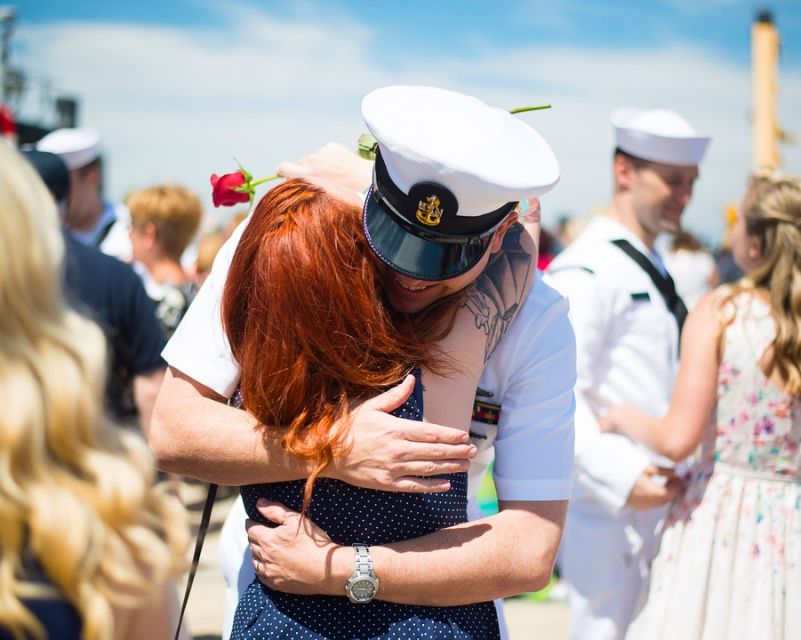Honoring the True Spirit of Veterans Day
Veterans Day elicits a mix of emotions among Americans, encapsulating solemnity, sadness, and pride. It is a day dedicated to honoring the veterans who have steadfastly defended the nation through various conflicts, from the Revolutionary War to modern engagements. Central to the sacrifices made by these heroes is the concept of freedom, a fundamental principle that America holds dear. The nation’s inception marked a pivotal moment in history, as it was the first to assert that government should exist to serve the individual, not the other way around. The ideals of equality and inalienable rights, including life, liberty, and the pursuit of happiness, underline the profound values for which American soldiers have fought and, at times, paid the ultimate price.
Freedom is portrayed as the cornerstone of a meaningful human existence. The absence of political freedom renders life unfulfilling, as individuals cannot thrive as mere subjects. The New Hampshire motto, “Live Free or Die,” succinctly embodies this sentiment. Given how precious human life is, the principle that war should only be waged when rights are under threat is paramount. While it is often claimed that soldiers sacrifice themselves for their country, such an idea misconstrues the nature of sacrifice. A true sacrifice implies yielding a greater value for a lesser one, while willingly risking one’s life to prevent oppression is a defense of personal values and interests—not a sacrifice.
Examples of misguided military engagements illustrate the complex nature of the discussion surrounding military sacrifice and national interest. Operations in Somalia and Vietnam are depicted as tragic misuses of American lives. In these scenarios, American soldiers died for causes disconnected from their interests, with no tangible benefit to the United States or its principles of freedom. The notion that the mere need for assistance in another country compels a duty upon American soldiers reflects a misunderstanding of their role, which should prioritize the defense of American freedoms and values.
Critique is levied against political leaders who are seen as exploiting the military for their own ambitions, often in pursuit of prestige rather than genuine national interest. The author argues that rather than being used as tools in political maneuvers, soldiers ought to be regarded as sovereign individuals with rights to their own lives. This concept extends to the structure of the armed forces, advocating for an all-volunteer military model. This approach promises to align military engagement with clear American interests, ensuring that soldiers are not drafted into conflict without a justified cause.
A volunteer military is presented as a safeguard against unnecessary wars, propelling enlistment driven by real motives rather than coercion. The argument asserts that a genuine sense of duty to protect America will naturally draw individuals to serve when they believe in their nation’s cause. This would ultimately foster an environment where soldiers can take pride in their missions, knowing their sacrifices are meaningful and aligned with the nation’s values.
In sum, the effective commemoration of Veterans Day lies not only in honoring past and current service members but also in committing to responsible military action. This includes engaging in warfare solely when American interests are at stake and pursuing victory unyieldingly. By recognizing the unique value of service and the principles of freedom that guide military action, Americans can ensure that the legacies of their veterans are both respected and meaningfully upheld.
Share this content:












Post Comment